We eat everyday, but is what we’re eating just filling our stomach or is it actually providing us with the nutrition we need?
The importance of a well balanced diet is very crucial and plays a vital role in our overall health and wellness.
A well balanced diet must include the correct amount of vital nutrients. These nutrients include carbohydrates, protein, fat, vitamins, mineral salts, and fiber. Water is also vital and may be more important that all the other nutrients.
A balanced diet must contain an appropriate amount of fat, carbohydrates, protein, vegetables, fruit, minerals, salts, vitamins, and fibers. A balanced diet should also include plenty of water.
Proteins contain carbon, hydrogen, oxygen, nitrogen and sometimes sulphur also. Proteins are very important for our body. It is needed for growth and repair. Proteins cannot be directly absorbed by our blood, that’s why our digestive system converts it into amino acids. There are over 20 different types of amino-acids.
Proteins are also sometimes used for energy. The liver helps to excrete nitrogen form our body. This process forms urea which the kidneys then add to the urine.
- Lean meats – beef, lamb, veal, pork, kangaroo.
- Poultry – chicken, turkey, duck, emu, goose, bush birds.
- Fish and Seafood – fish, prawns, crab, lobster, mussels, oysters, scallops, clams.
- Eggs.
- Dairy products – Milk, Yogurt, Cheese
Vitamins are required by the body but the body does not produce its own vitamins. Therefore we must obtain vitamins through outside sources such as food and supplements. Although the body can survive for a certain amount o time without vitamins certain diseases and even death can result from a pro longed vitamin deficiency. The body requires small amounts of vitamin A, B, C, D, and E.
Here are some examples:
Foods High in Vitamin C
- Broccoli, Brussels sprouts, and cauliflower.
- Green and red peppers.
- Spinach, cabbage, turnip greens, and other leafy greens.
- Sweet and white potatoes.
- Tomatoes and tomato juice.
- Winter squash
Foods High in Vitamin E
- Vegetable oils (such as wheat germ, sunflower, safflower, corn, and soybean oils)
- Nuts (such as almonds, peanuts, and hazelnuts/filberts)
- Seeds (such as sunflower seeds)
- Green leafy vegetables (such as spinach and broccoli)
- Fortified breakfast cereals, fruit juices, margarine, and spreads.
Looking to supplement? Find a great Vitamin C supplement here!
Our body requires mineral salts in traces, although, the requirement of mineral salts in our body is much more than that of vitamins. Mineral salts consists of iron, required to make hemoglobin, calcium, required for healthy teeth, bones and muscles
Foods rich in iron include:
- Red meat, pork and poultry.
- Seafood.
- Beans.
- Dark green leafy vegetables, such as spinach.
- Dried fruit, such as raisins and apricots.
- Iron-fortified cereals, breads and pastas.
- Peas.
Take a look at your fridge and pantry, if it looks like just empty foods, take a trip to the grocery store and stock up on some healthier items.
Fuel your body with proper nutrition, it will forever thank you.


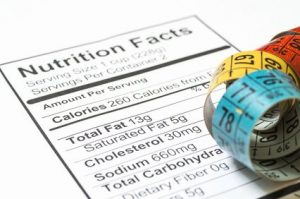
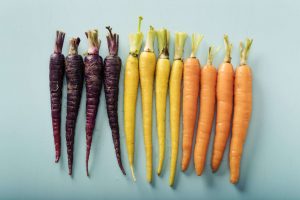
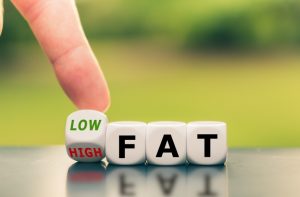
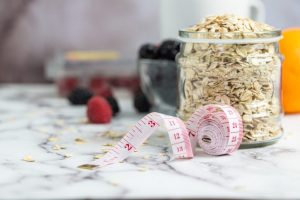
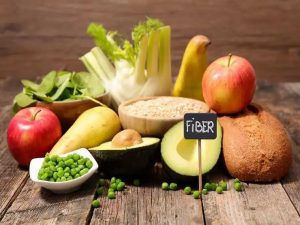





Be First to Comment